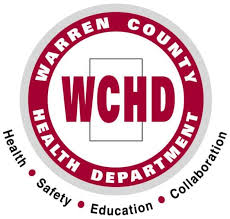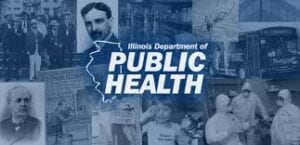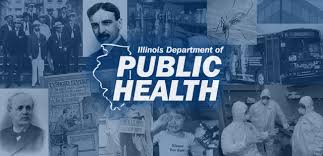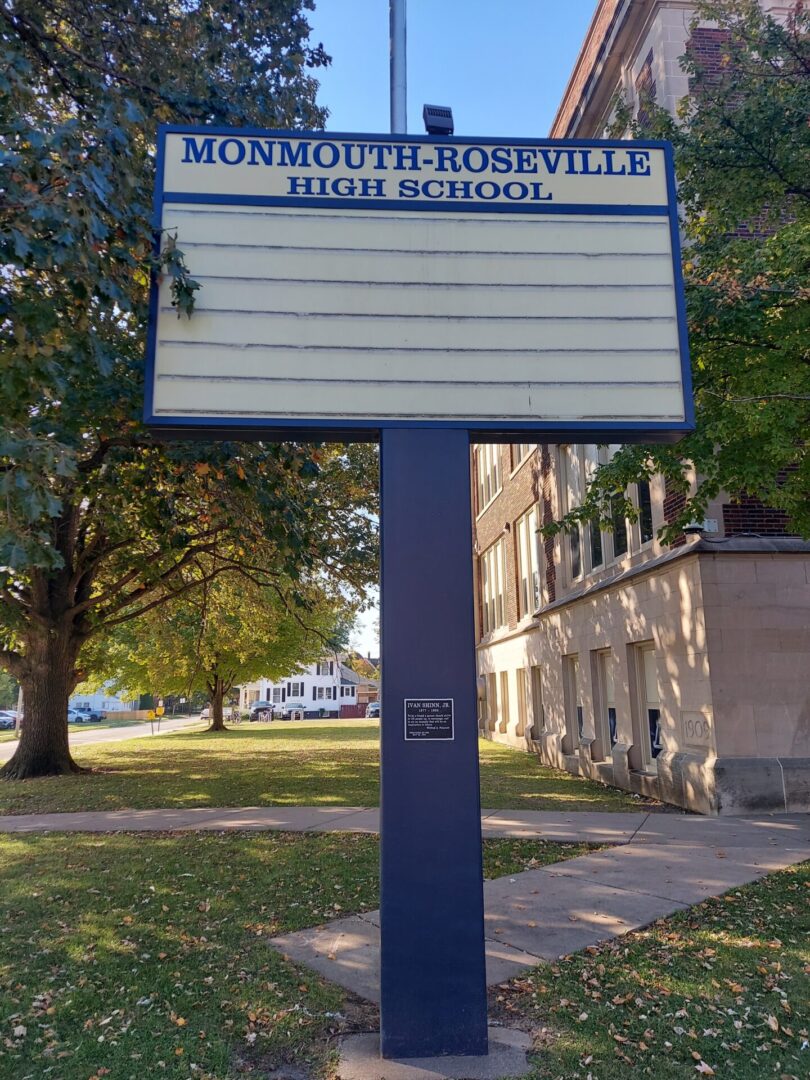The winter season is here, but so are the illnesses. According to the CDC, respiratory illness activity in the United States is currently at a high level. Locally, Warren County Health Department Administrator Jenna Link reports Influenza A, RSV, and COVID-19 are being seen:
“RSV isn’t a mandatory report to the health department, so we don’t always see those numbers, but we watch that dashboard the IDPH puts out to just kind of see what else is going on. Obviously, we get reports for COVID, so we can see those things taking place. Just a lot of stuffy noses, coughing, fevers, aches, all of those things that come along with all those respiratory viruses. The important thing, no matter what it is you have, if you are not feeling well and you can manage your symptoms at home, by all means, stay at home. If things get to a point where you have a fever, your body aches, and are having difficulty breathing and not making any improvements, then you should seek medical attention. It is important to stay home, cover your cough, wash your hands, and make sure you are wiping down all of those frequently touched surfaces.”
Hospital visits with the ongoing respiratory illnesses are increasing across the United States. According to CDC data, RSV visits are in the highest level, followed by the flu and COVID-19.















